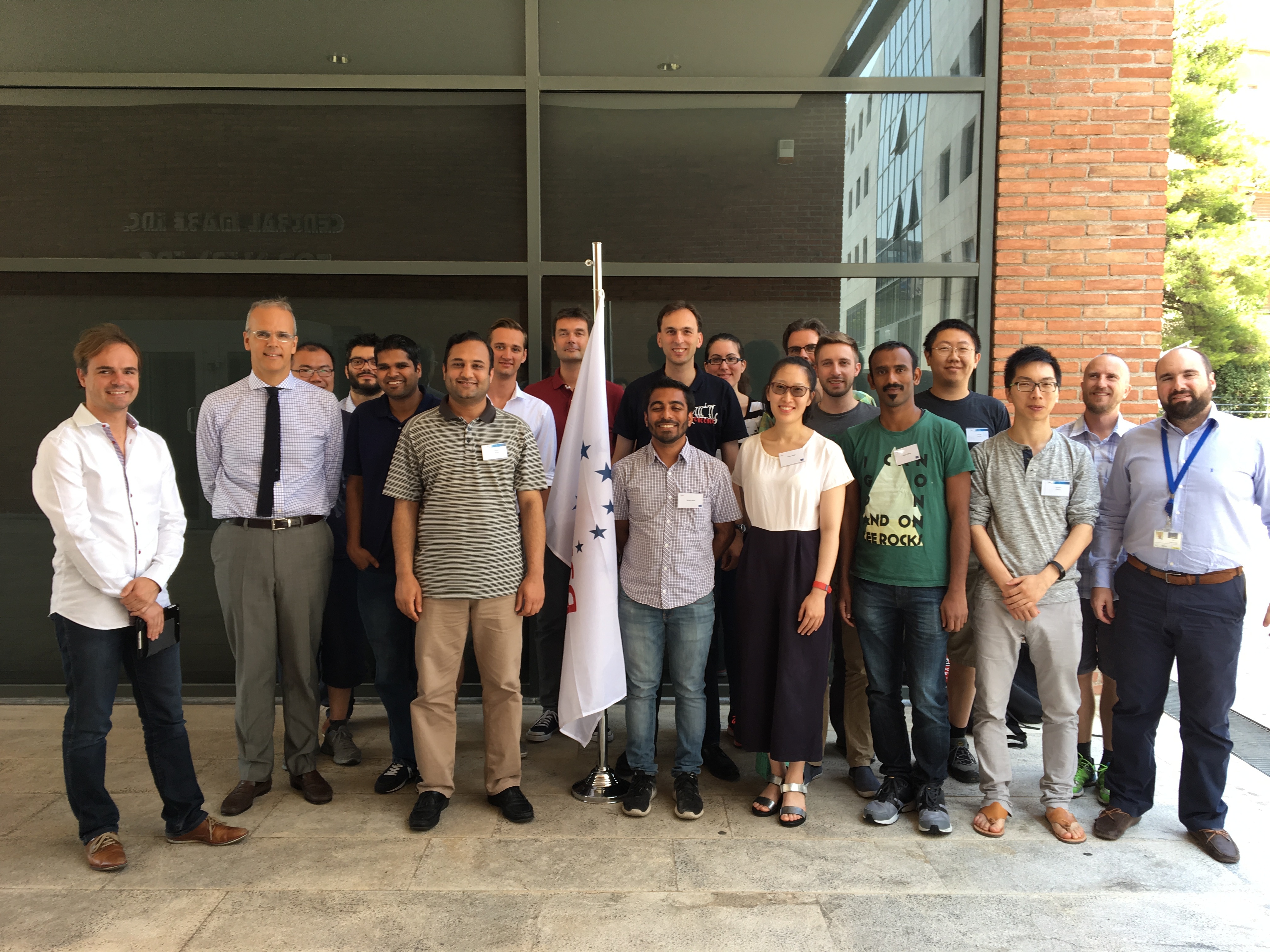Patrick Schuch successfully completed his PhD trial lecture and thesis defense at the Norwegian University of Science and Technology on Wednesday, the 16th of October 2019 and will be awarded the degree of Doctor of Philosophy in Information Security.
The title of his thesis is “Deep Learning for Fingerprint Recognition Systems” and the given topic for his trial lecture was “From Machine Learning to Deep Learning: Methods, Contour Conditions and Applications”.
Biometric recognition is a typical means to identify individuals or to verify claimed
identities. Use cases are manifold. For example, users can unlock their smartphones
for convenience by presenting their faces or fingerprints. Or one’s identity
is verified when crossing borders. Today, biometric recognition already has many
points of contact with our daily life and there are more to come.
Besides iris and face, fingerprint is the most wide spread biometric trait used for
recognition. Fingerprints are assumed to be unique for each and every finger. This
makes it an ideal trait for recognition. In addition, fingerprint recognition has more
than a century of tradition in the field of biometric recognition. A great amount
of expertise and engineering skill made it a quite mature technology over time.
Only few false positive and false negative errors are made in recognition in today’s
deployed systems.
However, fingerprint recognition is still far from being perfect. In contrast to popular
opinion, fingerprint recognition is not a solved problem. Actually, there is
still a lot of work to do. As biometric systems become larger and become more
inclusive, even new challenges arise. Systems need to deal with large amounts of
data while keeping performance with respect to recognition performance as well as
transaction times in a reasonable order. Recognition shall work for everyone and
shall not exclude a certain ethnic group or subset of the population. It will work
in unconstrained conditions. However, it shall still make no erroneous decisions.
Engineering may have come to its limits at this stage.
In contrast to classical engineering, machine learning based on artificial neural
networks may be a reasonable alternative. The emerging technologies of Deep
Learning achieve tremendous successes in many domains of image processing and
pattern recognition. This work assesses the application of such innovative machine
learning concepts to fingerprint recognition. Three central aspects and challenges
in fingerprint recognition are inspected in detail: fingerprint sample enhancement,
orientation field estimation, and efficient processing structures.
The following committee has been appointed to evaluate his thesis, trial lecture and defense:
- First external opponent: Professor Raul Sanchez-Reillo, Electronics Technology Department, University Carlos III of Madrid (UC3M), Spain.
- Second external opponent: Associate Professor Raffaele Cappelli, Department of Computer Science and Engineering, University of Bologna, Italy.
- Internal member and committee administrator: Associate Professor Kerstin Bach, Department of Computer Science, NTNU.
Patrick Schuch carried out his PhD work at the Department of Information Security and Communication Technology, NTNU in Gjøvik.
His main supervisor was Professor Christoph Busch, Department of Information Security and Communication Technology, NTNU and co-supervisor Professor Katrin Franke, Department of Information Security and Communication Technology, NTNU.
Congratulations!

